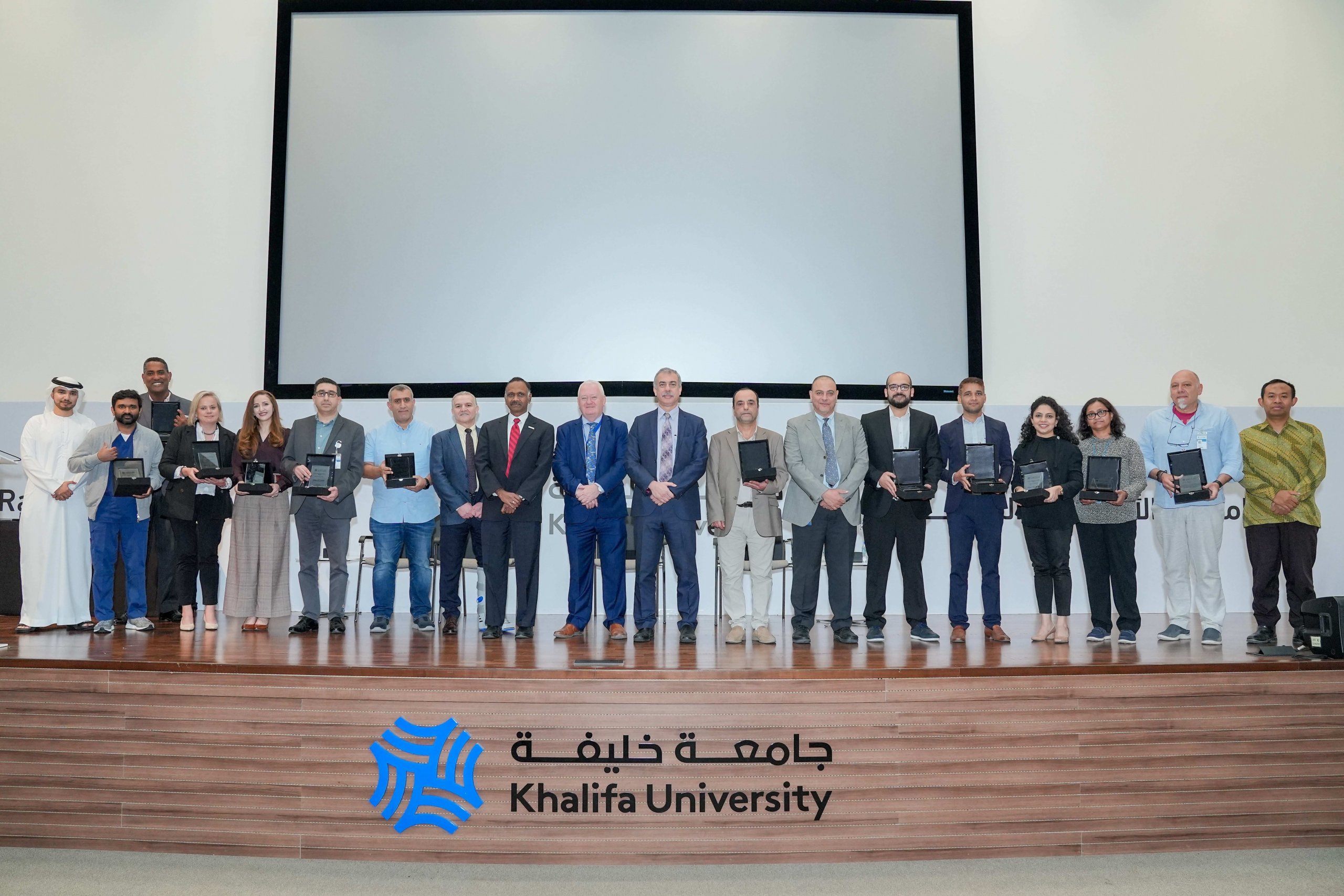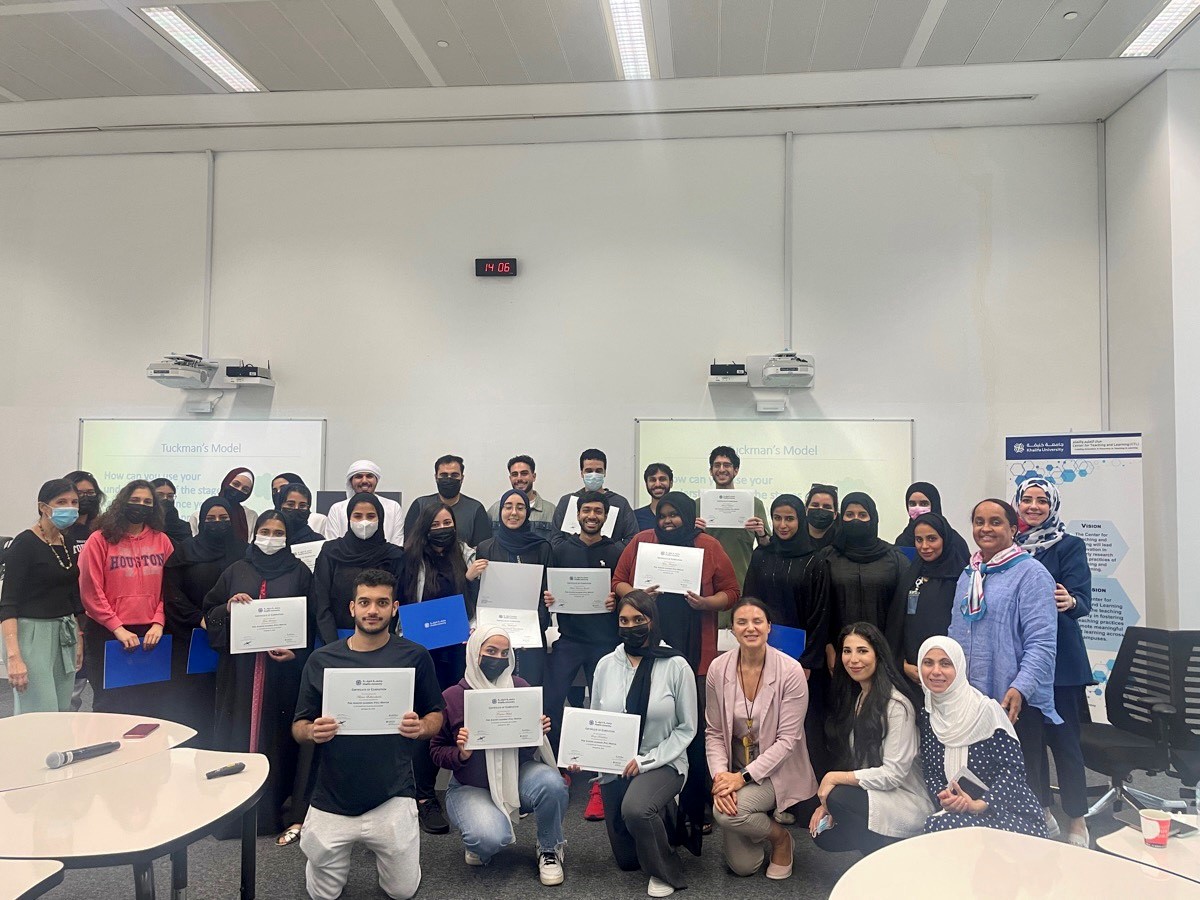
Sabeera Haris, a Masdar Institute MSc in Water and Environmental Engineering Class of 2015 graduate, has won the award for best poster presented at the ‘37th Symposium on Biotechnology for Fuels and Chemicals’ (SBFC) held in San Diego, California, USA in April.
Her poster beat out 296 others at one of the world’s largest and most prestigious conferences within the realm of biochemical production, biomass processing, and biotechnology.
Haris’ poster, which was based on her graduate thesis research being conducted under the Institute Center for Energy (iEnergy), described alternative methods for controlling lactic acid bacteria (LAB) contamination during fermentation through the use of antimicrobials found in various Abu Dhabi-based plants and plant waste.
Biofuels like ethanol are made as a result of fermentation – a process in which microorganisms such as yeast convert a plant’s naturally occurring sugars into biofuel in the absence of oxygen. Yeast is often used to ferment plant sugars, but can become contaminated by LAB, ruining the ethanol. LAB can withstand high temperatures, low pH levels and no oxygen and can grow rapidly, making them particularly troublesome to fermentation industries. Currently, fermentation industries use different antibiotics to control the contamination, but this has led to the emergence of antibiotic resistance strains of LAB.
Haris’ approach to combating LAB contamination by using native plant-based antimicrobials from the UAE’s mangroves and halophyte plants, as well as other plant waste, is environmentally friendly and commercially viable. Her poster attracted the attention of some major American industrial fermentation companies, such as DuPont and Novozymes.
Haris said, “Apart from biofuels and organic acids, my findings have also opened up a new product line from plants, such as mangroves and halophytes, and plant waste native to Abu Dhabi – pharmaceuticals.”
While 25% to 50% of current pharmaceuticals are derived from plants, none are used as antimicrobials. Instead, bacterial and fungal sources are used as antibiotics to fight infections caused by harmful bacteria. Haris’ research could lead to the development of superior plant-derived antimicrobials, which might help reduce the amount of antibiotic resistant strains of bacteria that infect at least 2 million people in the US each year.
Following her graduation this summer, Haris plans to pursue a PhD at Masdar Institute, so that she can continue her research on antimicrobials and their potential applications. “In further studies, I aim to identify the active compound responsible for the antimicrobial activity,” she explained.
Her thesis research was part of one of nine Masdar Institute-MIT active Flagship Research Projects, which are projects that bring together teams of faculty from both Masdar Institute and MIT to address key strategic research areas with the intent to build critical mass and make sizeable research impact for the UAE and the region. Haris’ advisor was Dr. Mette Thomsen, Assistant Professor, Chemical and Environmental Engineering.
Erica Solomon
3 July, 2015






